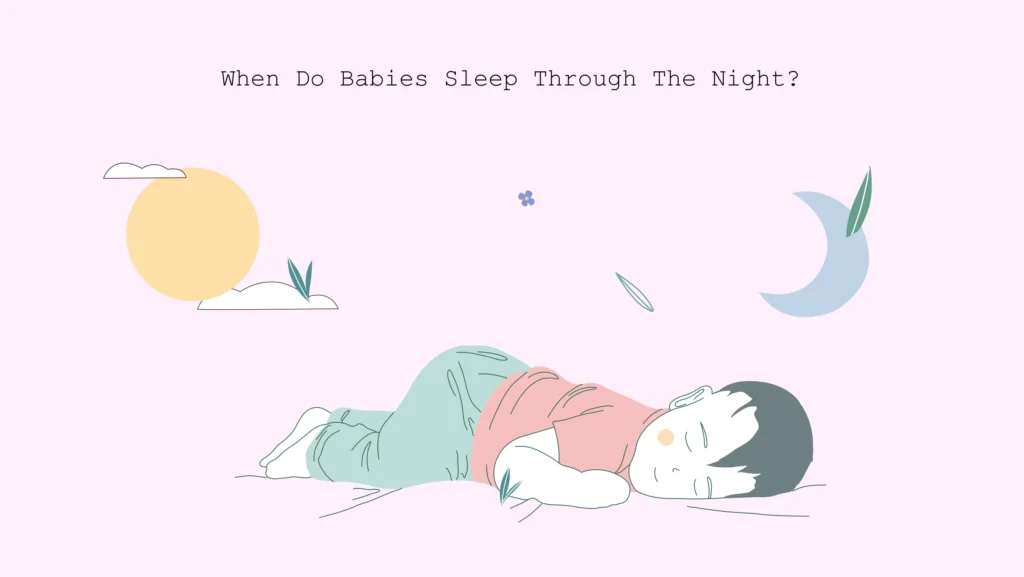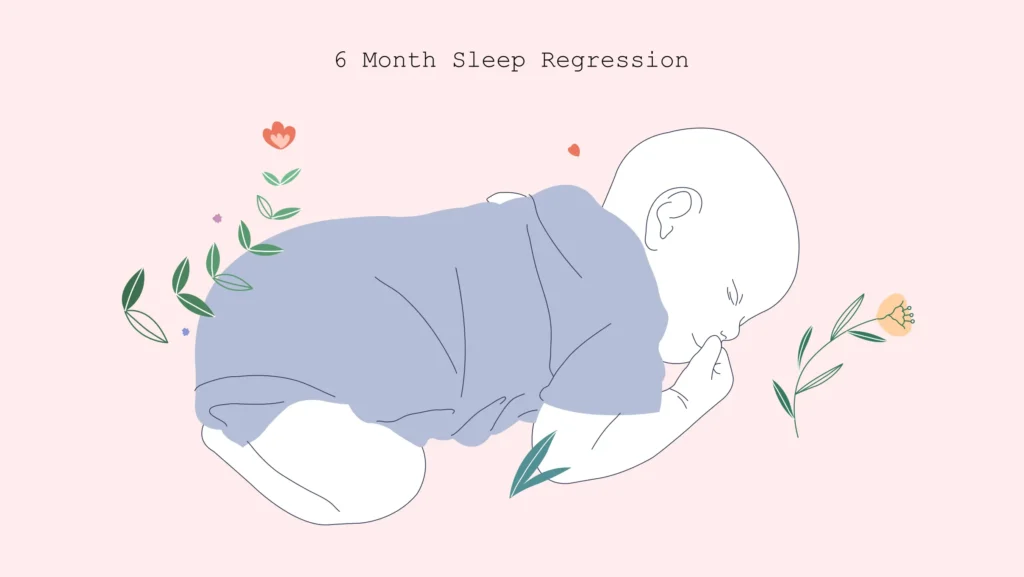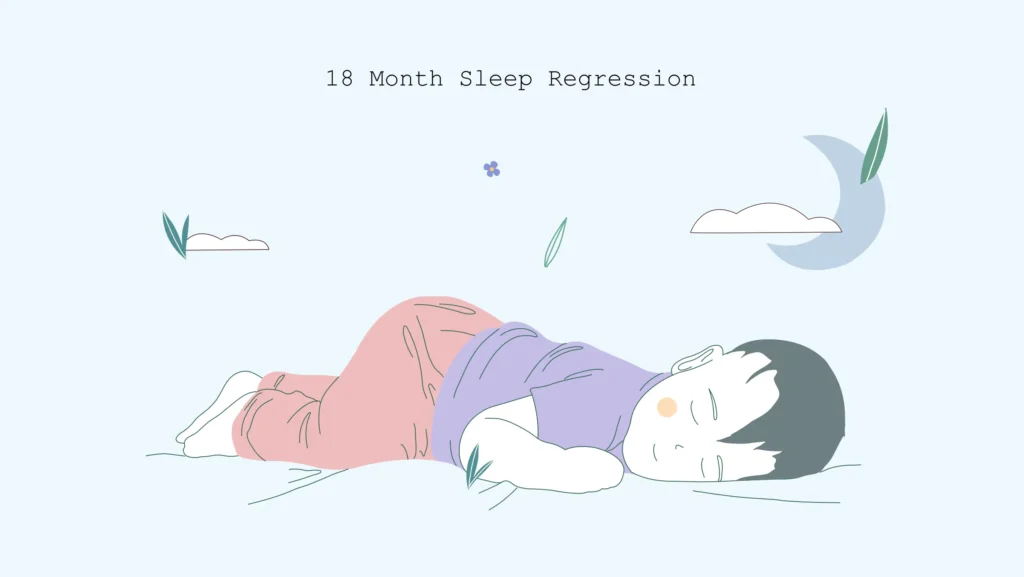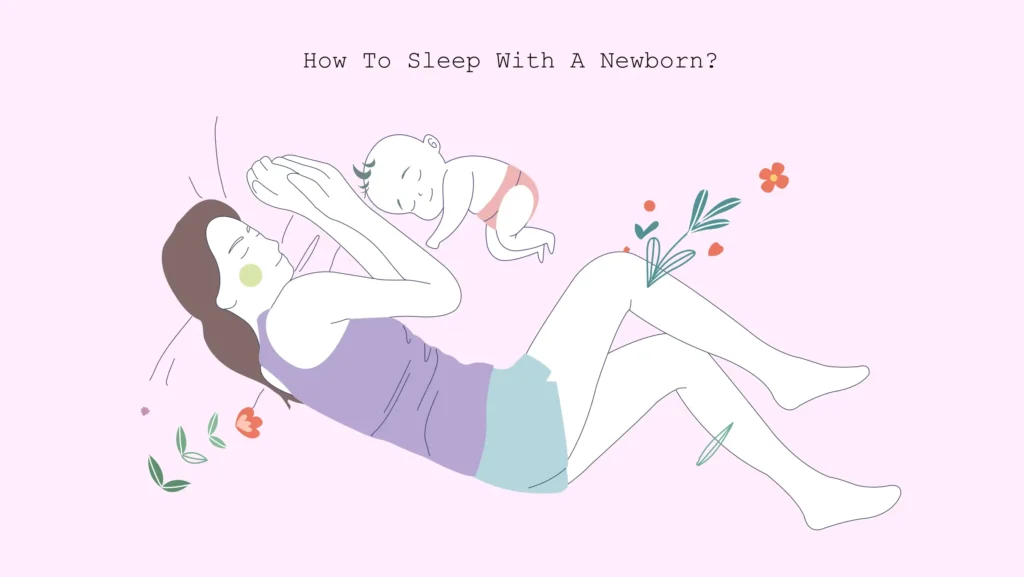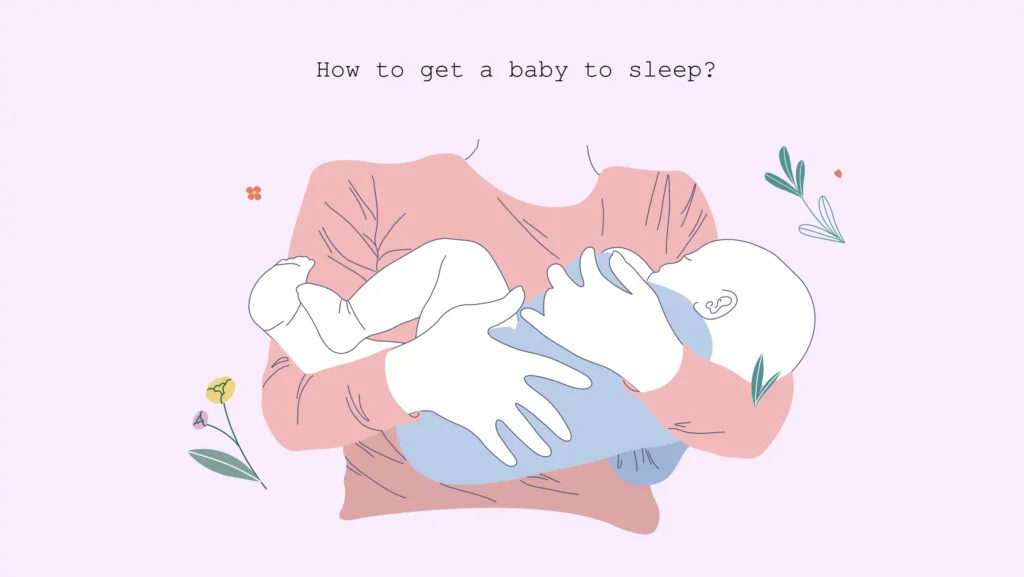Newborns Sleeping With Pacifiers
Written by

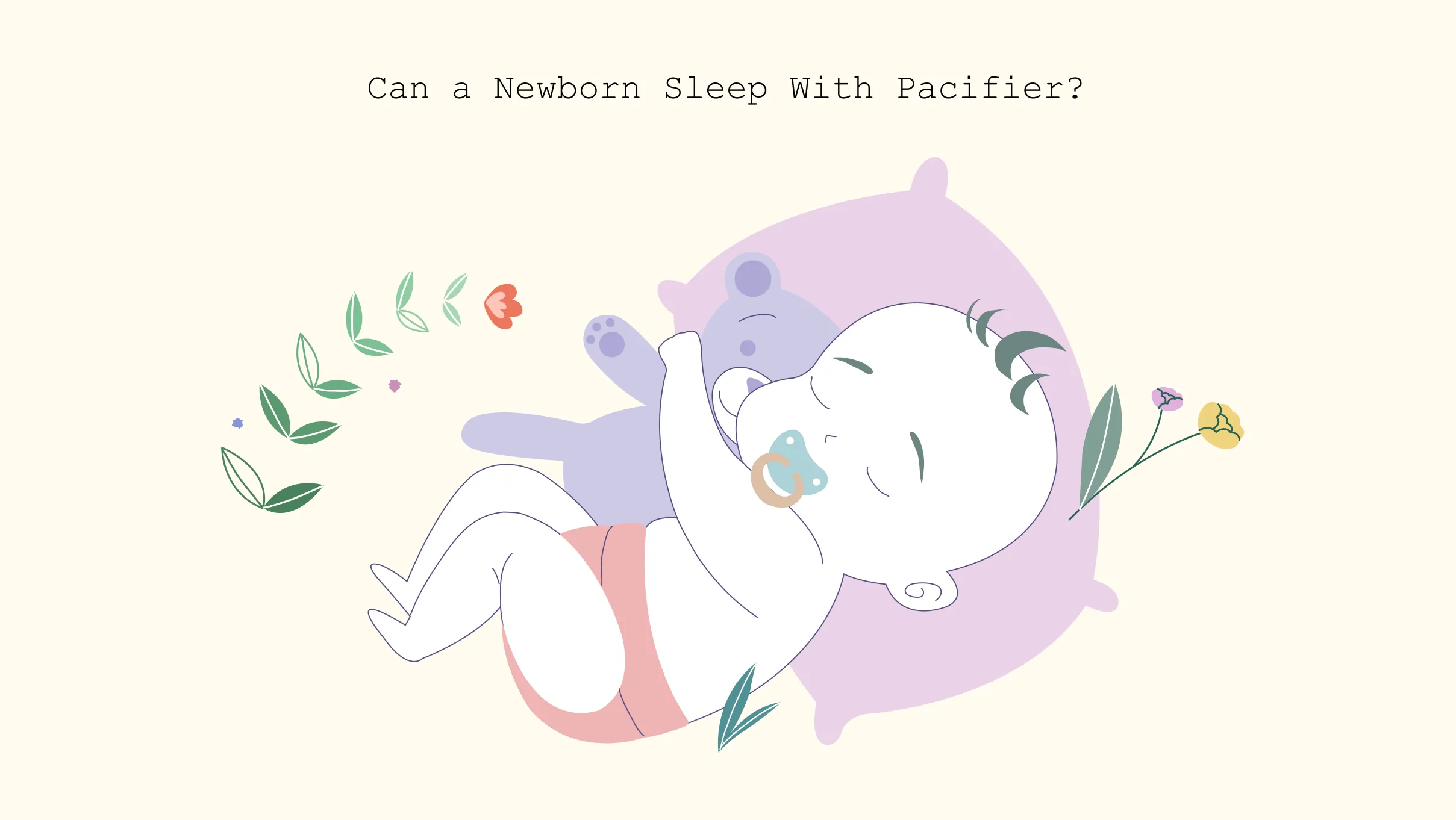
The use of pacifiers is an ancient practice. However, it often becomes a point of debate when parents and professionals aim to protect and promote breastfeeding as the most appropriate way to nurture babies.
It is found that babies have a strong sucking reflex that helps with breastfeeding, and the action of sucking helps calm and soothe babies. Thus, the use of a pacifier can also help soothe the baby.
While pacifiers are proven tools for soothing the baby, can a newborn sleep with a pacifier? Keep reading to know what are the pros and cons for using a pacifier and unravel the myths behind the use of pacifiers backed up by science.Can a Newborn Fall Asleep With a Pacifier
Can a Newborn Fall Asleep With a Pacifier
As mentioned before, infants have a strong sucking reflex, and the process of sucking was also found to be helpful in calming and soothing babies. So can you let a newborn sleep with a pacifier?
The answer is yes, it is OK to let the newborns fall asleep with a pacifier, and whether your baby should sleep with a pacifier or not is a personal decision. Not only is it OK, but four research teams have also published studies showing an association between pacifier use and a reduced risk of Sudden Infant Death Syndrome (SIDS).
However, there are arguments opposing pacifier use based on potential risks such as nipple confusion and early cessation of breastfeeding. Therefore, a newborn baby can start sleeping with a pacifier in certain situations. Here’s when you should introduce a pacifier to a newborn.
When Should You Introduce a Pacifier to a Newborn
As mentioned before, pacifiers often become a point of debate when parents and professionals aim to protect and promote breastfeeding as the most appropriate way for nurturing infants.
Breastfed Babies
While pacifiers are useful for soothing and even provide medical benefits to infants, including reducing the risk of sudden infant death syndrome, there is a concerning fact to them. Doctors would oppose newborn pacifier use in a breastfeeding-friendly environment to prevent potential associated risks. Pacifier use might cause early weaning of breastfeeding owing to nipple confusion and an early cessation of breastfeeding. Therefore, experts recommend the use of a pacifier only after a feeding routine is established.
Bottle-Fed Babies
Bottle-fed babies can start using pacifiers at any age; you can introduce a pacifier immediately after your baby is born. Also, when you have chosen to feed your infant formula, you can use them every time the baby goes to sleep, including for naps. Furthermore, the urge to suck for comfort is often mistaken as a sign of hunger, and using a pacifier may reduce the risk of overfeeding babies.
Premature Babies
Yes, you can safely provide a premature baby with a pacifier. In fact, according to relevance to clinical practice, neonatal intensive care nurses can accelerate premature infants’ transition to oral feeding. The practice includes a pacifier that helps develop their “sucking” by giving them pacifiers and making them listen to lullabies.
What Are the Pros of Using a Pacifier
Following are the pros to newborn pacifier use.
It’s Better Than Sucking a Thumb
Babies will find a way to suck on something, and non-nutritive sucking habits are common in young children. As they grow older, they tend to stop thumb-sucking; in most cases, this habit spontaneously ceases between 2 and 4 years of age. However, if thumb sucking is prolonged, negative consequences like dental problems, interference with speech development might occur.
It Can Teach a Baby to Self-Soothe
One of the most rewarding moments for parents is when the baby falls asleep on their own. The pacifiers can help teach your newborn to self-soothe.
Pacifiers Can Help With Traveling by Plane
Simon Baer, a consultant ear, nose, and throat surgeon in the United Kingdom, explains that one of the main reasons babies cry on planes is that they are not good at pressure equalization in the middle ear. Pacifiers can help protect your infant’s delicate ears during takeoff and landing.
It Can Be Used as a Tool to Help Soothe Your Baby
Sometimes babies can be fussy, even after getting their diapers changed, having fed, and getting plenty of sleep. A pacifier can help soothe and calm your baby.
Pacifiers Can Help Reduce the Risk of SIDs
Besides the self-soothing and calming effect, pacifiers can be considered therapeutic and even provide medical benefits to infants. Four research teams have published studies showing an association between pacifier use and a reduced risk of Sudden Infant Death Syndrome (SIDS).
What Are the Disadvantages of Using a Pacifier
Here are the disadvantages of newborn pacifier use.
A Pacifier Can Interfere With Breastfeeding
Breastfeeding has been promoted heavily in recent decades as the sole means of nutrition. However, it is found that pacifier use might cause early weaning of breastfeeding owing to “nipple confusion.”
A Pacifier Can Create Tooth Issues
Pacifiers or non-nutritive sucking habits may adversely affect the baby’s dental health. Studies have found that having a pacifier-sucking habit at 12, 18, and 30 months after birth can cause teeth to grow crooked.
A Pacifier Can Lead to an Increased Risk of Oral Candida
Oral candida is an infection in which the fungus Candida albicans accumulates in the mouth. And according to a study report, pacifier-sucking and the use of a nursing bottle at night increase salivary lactobacilli and candida occurrence.
It Can Be Difficult to Separate the Child From a Pacifier
If a baby has been using the pacifier for years, it could be difficult for them to separate.
A Pacifier Can Increase the Risk of Ear Infections
Pacifier use can result in an increased risk of ear infection. A group of studies found that 34.5% of newborn pacifier users had ‘earache since 6 months of age versus 33.5% of the infants who neither sucked their thumb nor a pacifier.
Can I Give My Newborn a Pacifier After Feeding
Evidence suggests that mothers motivated to breastfeed their infants should be allowed to make their own decisions regarding pacifier use. Thus pacifier use should not be discouraged. However, experts recommend using a pacifier only after a feeding routine is established. Once the feeding routine is in place, you can use the pacifier.
Final Words
While the evidence highlights that sleeping with a pacifier is associated with a reduced risk of sudden infant death syndrome (SIDS), experts maintain that whether or not to use a pacifier is a parent’s personal decision. Therefore, pacifiers should not be routinely discouraged. However, based on the infants’ needs, it will be wise to use a pacifier after a feeding routine is established.
FAQs
How long can a baby sleep with a pacifier?
Most studies have found that problems exist only with prolonged use of pacifiers (after age five). It suggests that parents or caregivers should stop offering pacifiers between the ages of 6 months and 4 years to prevent dental issues.
When should you give a newborn a pacifier?
Experts recommend the use of a pacifier only after a feeding routine is established because it can lead to nipple confusion and early cessation of breastfeeding among newborns.
Should I remove the pacifier when the baby is sleeping?
You could never take a risk with a sleeping baby; we all know the old rule about never waking a sleeping baby. So, there’s no need to remove your baby’s pacifier while they’re sleeping unless you are trying to wean them.
Can a baby choke on a pacifier?
It’s true that pacifier or non-nutritive sucking may interfere with speech development and may cause problems with their teeth. However, it is also possible that pacifiers could break down and cause choking and death. Therefore never let your baby or child chew on a pacifier.
What should you never do with a pacifier?
Never tie a pacifier around a baby’s neck. This can cause strangulation and death.
people like this article
Written by



